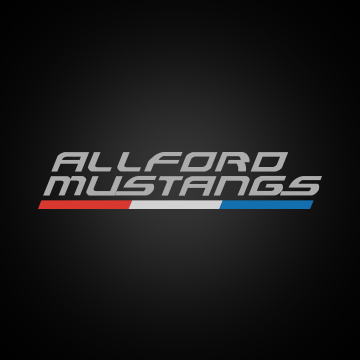Well, along with my exciting brake adventures, I followed a 96 Viper RT/10 tonight for about 20 miles on my way home from work. I decided to try my top end out and tried to catch up to Viper boy... I got ahead of him because he wasn't trying to evade me... I put on my hazard lights, like every immature teenage racer does to signify a win in a street race. He obviously got upset, because no less than 10 seconds later, he FLEW by me (keep in mind, I was at redline WOT!!!) and then slowed down, realizing how absolutely stupid we were for endangering SO many innocent civilians. Yes, we were considerate. /forums/images/icons/smile.gif
Anyway, the point of my post it.. when he passed me, I SWEAR it sounded like it was an Integra with beefed up exhaust and turbo. It didn't sound like an 8 liter V10. I am sure it was real because 1.) he passed me with absolute ease and I was probably going about 120 and 2.) I followed him to his destination and asked him to pop the hood to prove to me there was a 10 cylinder motor under there!! Is it the higher amount of crankshaft rotation than a V8, or because the V10 is in a state of perfect tune that it sounds so strange? When I had my Mustang idling right next to the Viper, he revved, and I revved, and the V8's tone is a lot deeper and more guttural than the V10, even he admitted that.
Of course, he'd never admit that my car was faster because well.. yeah, duh. /forums/images/icons/smile.gif
So to the professional engine guys out there: Is there something about a V10 that makes it sound so different from a V8, much like the difference between say, an Inline 4 and an Inline 6? displacement, crankshaft rotation, cam timing?
No doubt it was a deep note, no doubt that I thought it was a powerful car by it's exhaust but it has nothing compared to a V8... time to weigh in!!!
A
Anyway, the point of my post it.. when he passed me, I SWEAR it sounded like it was an Integra with beefed up exhaust and turbo. It didn't sound like an 8 liter V10. I am sure it was real because 1.) he passed me with absolute ease and I was probably going about 120 and 2.) I followed him to his destination and asked him to pop the hood to prove to me there was a 10 cylinder motor under there!! Is it the higher amount of crankshaft rotation than a V8, or because the V10 is in a state of perfect tune that it sounds so strange? When I had my Mustang idling right next to the Viper, he revved, and I revved, and the V8's tone is a lot deeper and more guttural than the V10, even he admitted that.
Of course, he'd never admit that my car was faster because well.. yeah, duh. /forums/images/icons/smile.gif
So to the professional engine guys out there: Is there something about a V10 that makes it sound so different from a V8, much like the difference between say, an Inline 4 and an Inline 6? displacement, crankshaft rotation, cam timing?
No doubt it was a deep note, no doubt that I thought it was a powerful car by it's exhaust but it has nothing compared to a V8... time to weigh in!!!
A





